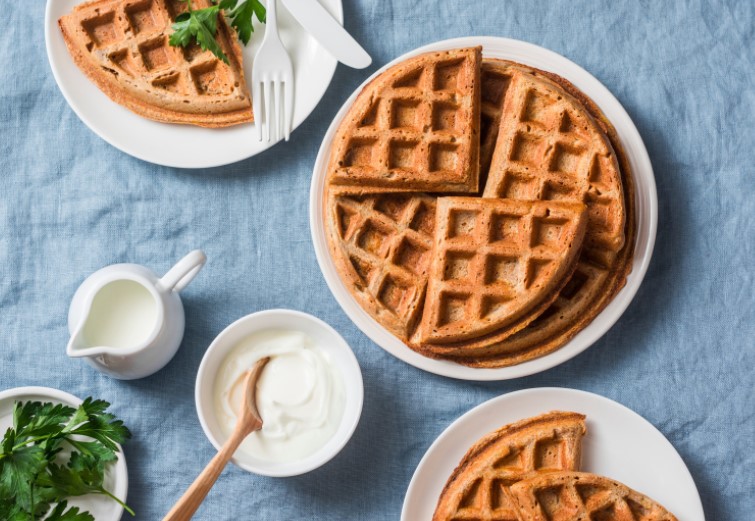A gluten-free diet is the most basic treatment for celiac disease. Many people that don’t have this problem are also switching to a gluten-free diet for health reasons.
Gluten is a protein found in wheat, rye, and barley, among other grains. This protein helps to keep the structure of food intact. Gluten free vegan granola can be found in practically every cereal, bread, and pasta product.
Some people are affected by gluten sensitivity. Gluten sensitivity is a type of dietary intolerance that produces pain after consuming gluten. Gluten sensitivity is a meal intolerance that results in pain after eating gluten. Celiac disease is an autoimmune disorder in which gluten damages the digestive system, and non celiac gluten sensitivity is a food intolerance that results in pain after eating gluten.
When does gluten become a problem?
When celiac disease patients consume gluten, their immune systems attack and damage the lining of their small intestine. When the person is exposed to gluten on a routine basis, the body loses its uptake of nutrients into the bloodstream.
Complications can arise if someone with celiac disease continues to consume gluten, including:
- scarcity of food
- Anemia causes weight loss.
- Multiple sclerosis (MS) is a neurological illness that affects people.
- Infertility due to osteoporosis
Gluten sensitivities that are Not celiac
Celiac disease, on the other hand, is thought to be more severe than Trusted Source. Gluten has no adverse effects on the gut. It can, however, cause pain in some people.
Outside of the digestive tract, gluten sensitivity can present itself in a variety of ways, including the following:
Numbness in the hands and feet, headaches, and mental fog
Gluten sensitivity, rather than celiac disease, is thought to afflict a more significant amount of people. It might harm anywhere between 0.5 percent to 13.5 percent of the population, according to estimates.
Gluten sensitivity and celiac disease can only be addressed with a gluten-free diet.
Gluten-Free Breakfast Foods:
A gluten-free vegan granola diet allows you to eat a range of grains, including:
- urad flour manufactured from tapioca
- Maize
- Mustard
- Polenta Quinoa Rice Sago Soya
- Oats are a grain that should be double-checked before consumption. While gluten-free vegan granola oats are available, they are commonly contaminated during harvesting or storage by gluten-containing grains, so always double-check.
What gluten-free options are available?
On a gluten-free diet, you can eat any natural, gluten-free vegan granola foods, such as:
- Beef, seafood, fruits, and vegetables are all good choices.
- Protein can be found in rice, potatoes, lentils, beans, and pulses.
Almost all of these foods are gluten-free. Check labels on food packages to ensure they are gluten-free at all times.
There are a variety of gluten-free products on the market, including:
- beer\biscuits
- Crumpets and breadcrumbs are a combination of crumpets and breadcrumbs.
- breakfast cereals baking powders cake condiments such as soy and also other sauces, mayonnaise, and yeast extract spread
- pancake chips corn-based mix
- pastries\pastas
- Potato chips with a variety of seasonings
Smallgoods-based stock and gravy
Every time check meals and drinks labels carefully, as gluten can sometimes be found in seemingly harmless products.
The Advantages of Going Gluten-Free
Enhances energy levels by lowering cholesterol and promoting intestinal health.
Excludes unhealthful and treated foods from your diet. Because fruits and vegetables are gluten-free, you’re more likely to eat them.
Lowers your chances of developing heart disease, some malignancies, and diabetes.
Many foods you will now eat will include more antioxidants, vitamins, and minerals, which can help ward off viruses and germs.
Helps you lose weight in a healthy way.
Irritable bowel syndrome and arthritis sufferers will see an improvement in their health.
Foods that can be harmful to your health have a much higher level of awareness.
Conclusion:
Contrary to popular perception, there appears to be no evidence that a gluten-free diet benefits those that don’t have celiac disease or nonceliac gluten sensitivity. Celiac illness can also be treated with a gluten free vegan granola or gluten-free diet.

